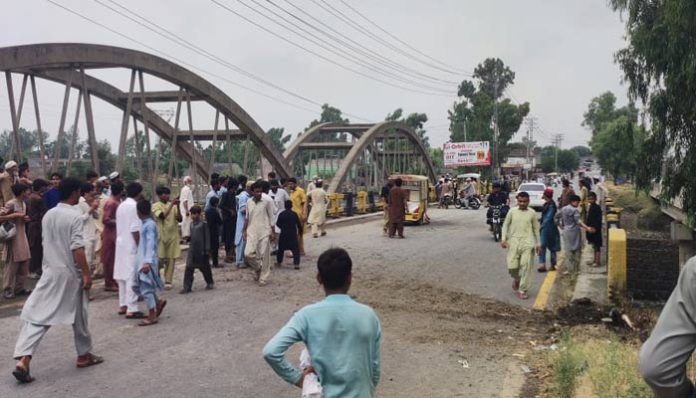A deadly explosion from a remote-controlled device in Mardan, Khyber, has claimed three lives and left seven others injured, including two police officers. The incident occurred on July 5 when an explosive device planted on the Jalala bridge in Takhtbhai was detonated, damaging a police van and a rickshaw.
This attack underscores the ongoing security challenges in the region, particularly in Khyber Pakhtunkhwa province. A recent report by Pakistan’s Centre for Research and Security Studies documents 380 deaths and 220 injuries from 240 incidents of terrorist attacks and counter-terror operations.
Khyber Pakhtunkhwa and Balochistan have been identified as the epicenters of violence, accounting for 92% of fatalities and 87% of attacks during this period. Civilians bore the brunt of these attacks, making up 62% of total fatalities.
Pak Army’s use of terror groups as proxies to advance strategic interests, particularly in its rivalry with India and involvement in Afghanistan, has exacerbated internal instability.
This strategy, dating back to the Soviet-Afghan War in the 1980s, has led to a situation where once-supported mujahideen fighters against the Soviet Union have turned against the Army. The presence of these groups has compromised Pakistan’s sovereignty, especially in tribal and border areas with Afghanistan.

